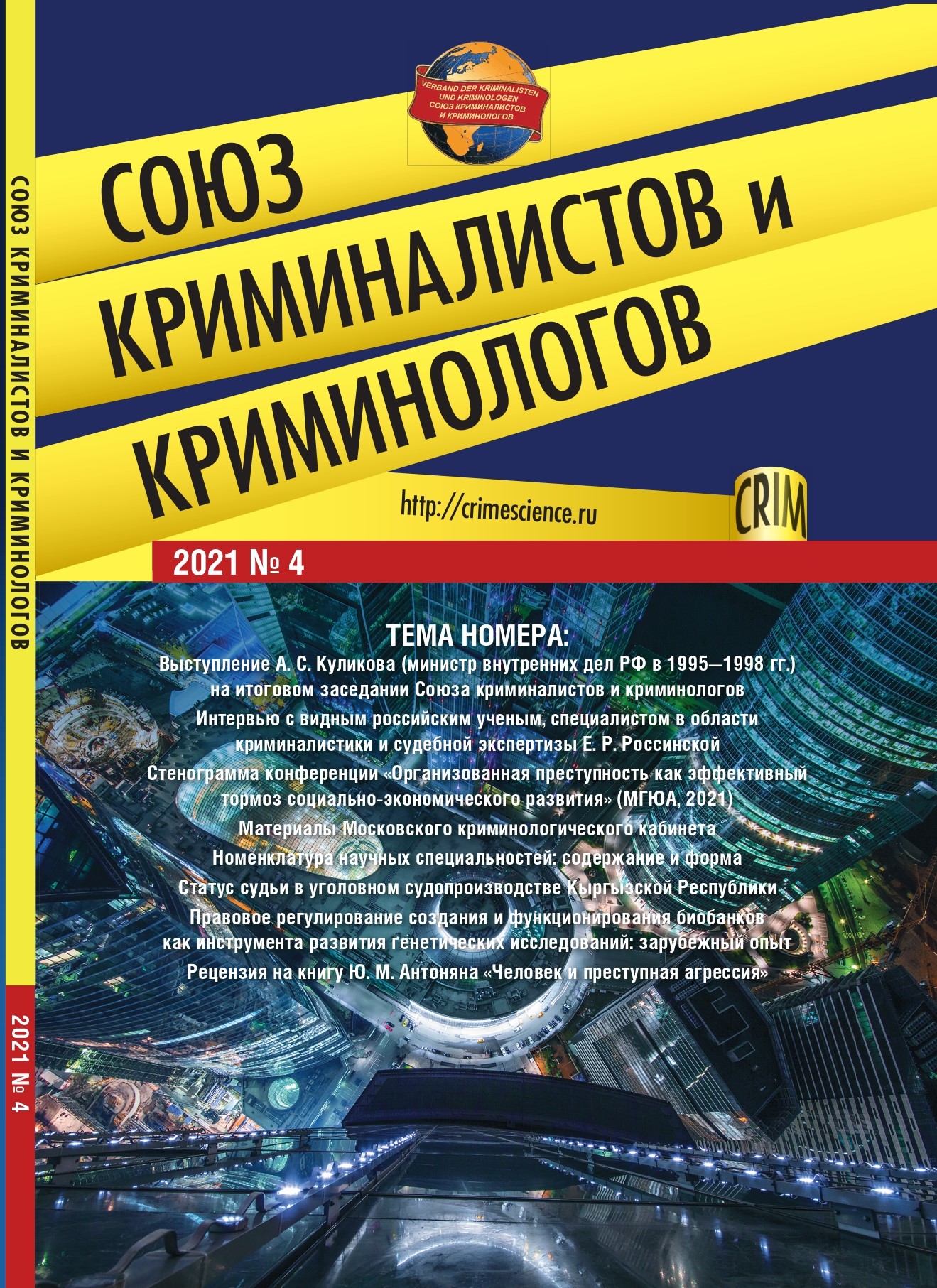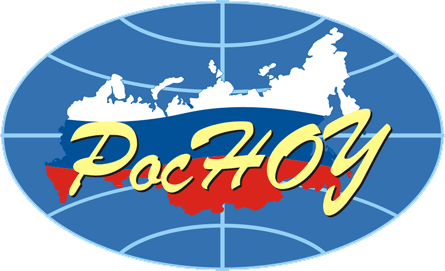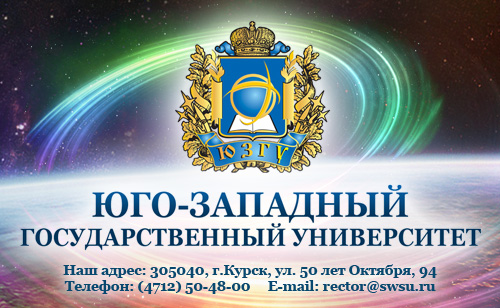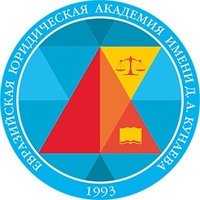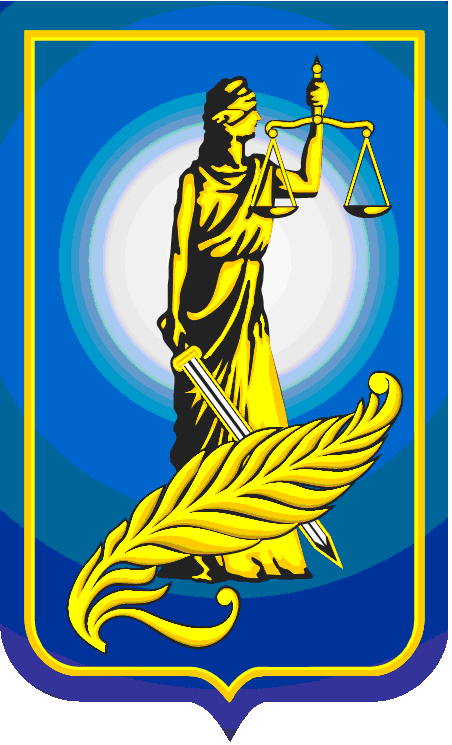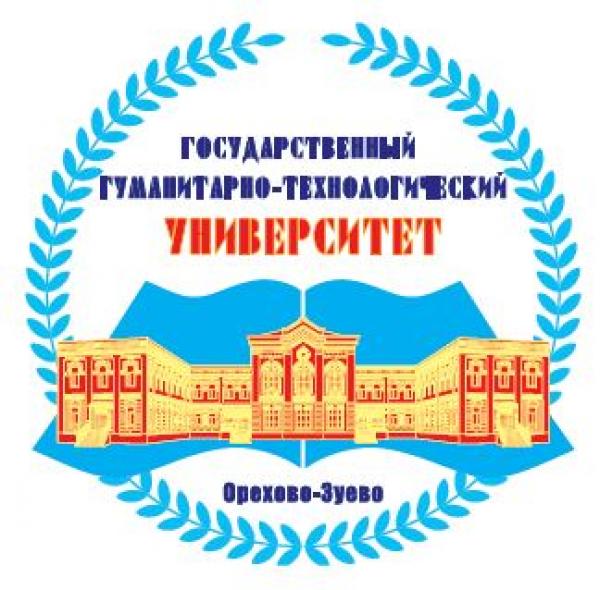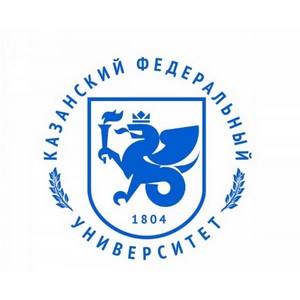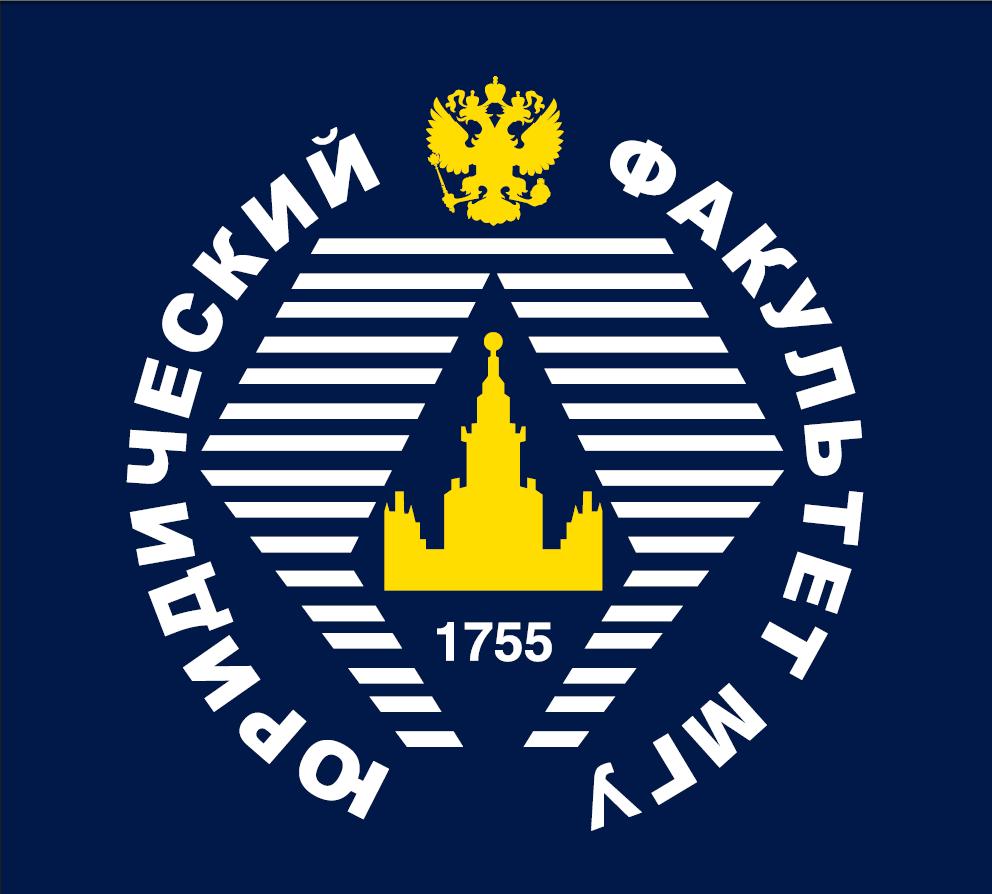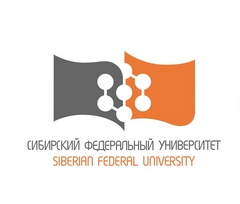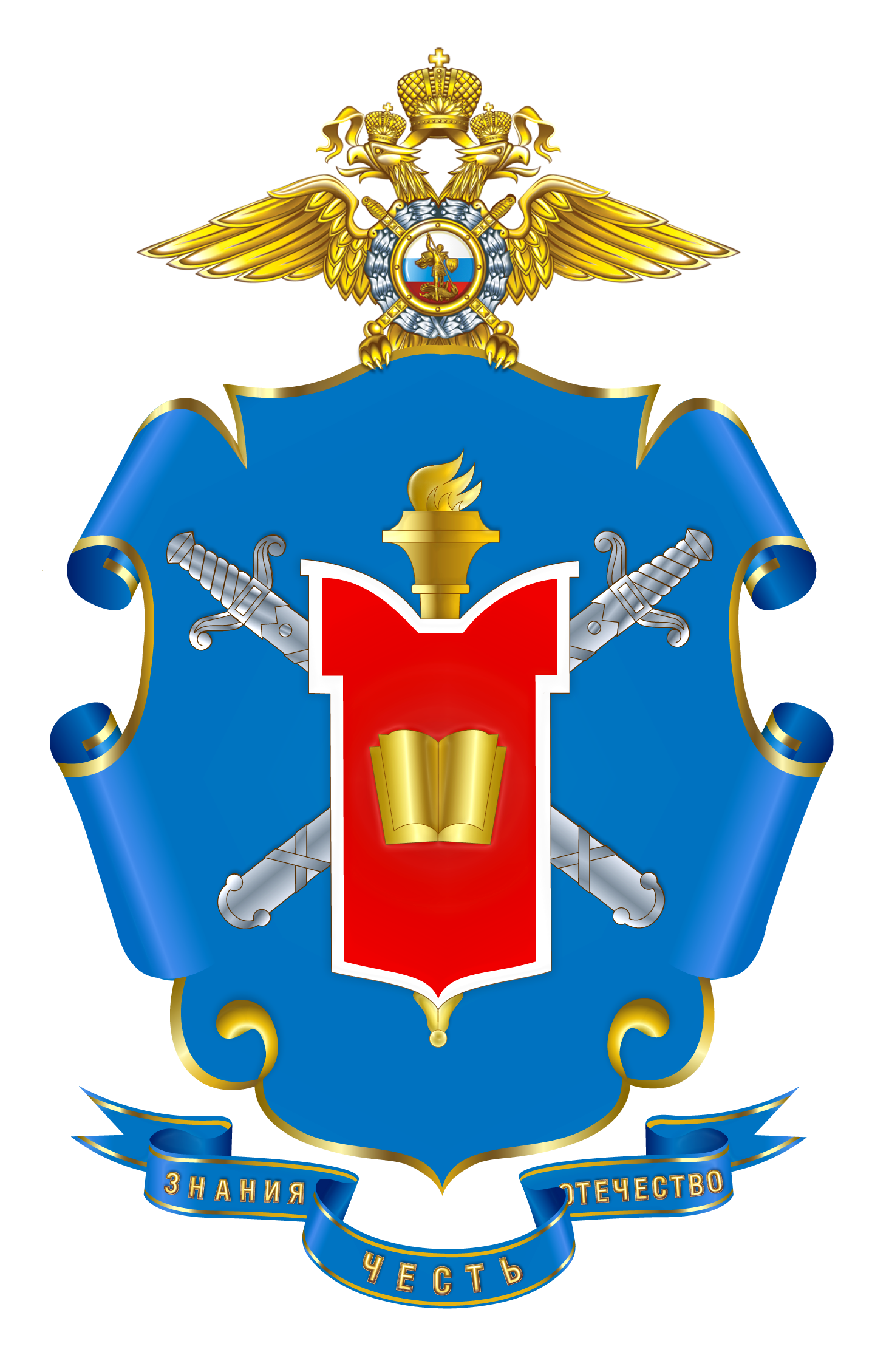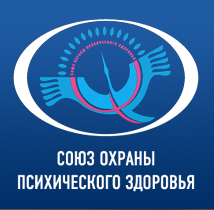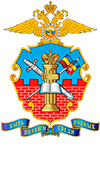The author’s project ‘Criminal law gatherings at N.A. Lopashenko’s’ together with the Saratov Branch Office of the Union of Criminalists and Criminologists
‘The Person’ format with Professor Yakov I. Gilinsky
Organizer: Natalia A. Lopashenko, Doctor of Legal Sciences, Professor, Professor of Saratov State Academy of Law, Winner of the National Prize for Literature in the field of Law, Honoured Lawyer of the Russian Federation.
On 17 Februar 2021, a regular online meeting of the author’s project ‘Criminal law gatherings at N.A. Lopashenko’s’ was arranged together with the Saratov Branch Office of the Union of Criminalists and Criminologists. The meeting was held in the ‘person’ format and was dedicated to Professor Yakov I. Gilinsky, Doctor of Legal Sciences, Professor of the St. Petersburg Law Institute at the University of the Prosecutor’s Office of the Russian Federation, Professor of the Russian State Pedagogical Herzen-University.
In total, around 90 researchers and practitioners from all regions of Russia and other countries (Republic of Armenia, Republic of Belarus, Republic of Kazakhstan, Republic of Slovenia, Republic of Tajikistan, Germany) participated in the online meeting.
Further in the section ‘Personal questions to the Person, Natalia A. Lopashenko addressed Yakov I. Gilinsky with a number of personal and professional questions.
In continuation, questions were received from the audience. Some of them were:
— Associate Professor Margarita N. Urda (Kursk): ‘Is it difficult for you to be a realist?’;
— Candidate of Legal Sciences, practicing Lawyer Yulia Fedotova (Yekaterinburg): ‘If you were 28, would you have immigrated from Russia?’
After the interview, Yakov I. Gilinsky outlined the topic of his speech: Crime: what is it? Why? What to do?
During the report, the speaker pointed out:
- Postmodern criminology is just a stage in the development of criminology.
- No act can be regarded as ‘criminal’ in its content. An act becomes ‘criminal’ when it is placed into the criminal law at the will of the authorities. If the authorities overdo it, every citizen of the country turns out to be a ‘criminal.’ There is not and cannot be a special ‘criminal personality.’
- The punishment does not perform the tasks assigned to it. Without abandoning the criminal law and punishments, it is necessary to reduce their negative consequences.
The Person received questions from the audience. Here are some of them:
— Associate Professor Margarita N. Urda (Kursk): ‘Is justifying Nazism a crime?’;
— Professor Semyon Ya. Lebedev (Moscow): ‘Does crime exist or not? If crime still exists, what should be the criminal law designed to combat it?;
Yakov Ilyich also elaborated on the questions received in writing.
Many participants of the conference spoke within the framework of free discussion.
In conclusion, Yakov I. Gilinsky addressed the participants of the Gatherings with words of gratitude. Natalia A. Lopashenko declared the Gatherings over.
The review was prepared by the Secretary of the Saratov Branch Union of Criminalists and Criminologists, Roman Komyagin
Translated by Elizaveta O. Ovchinnikova






